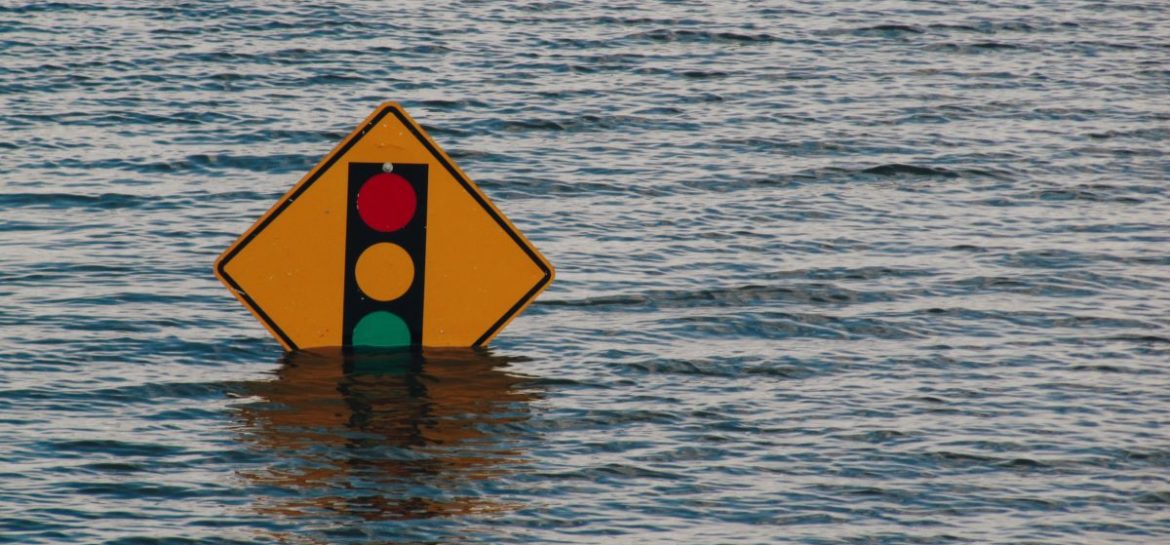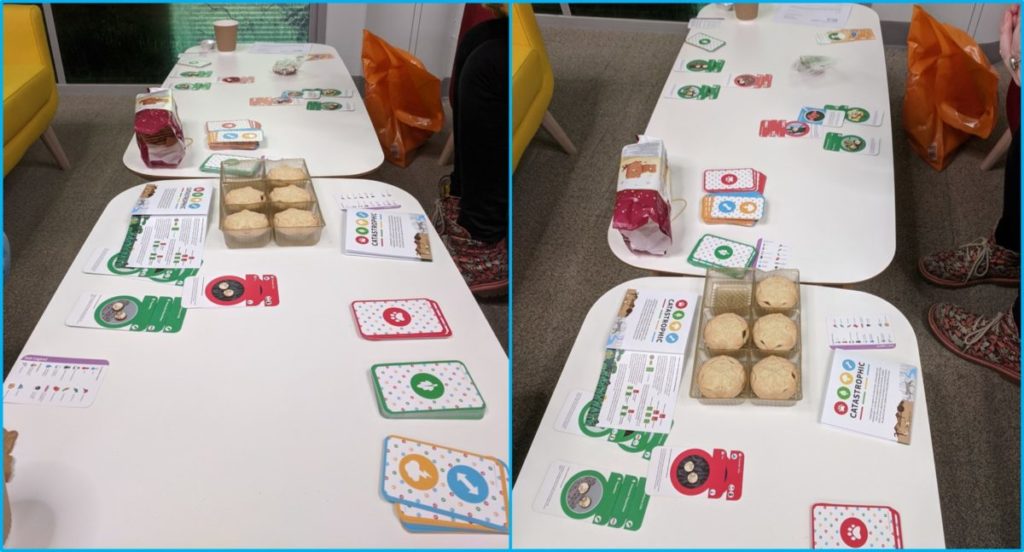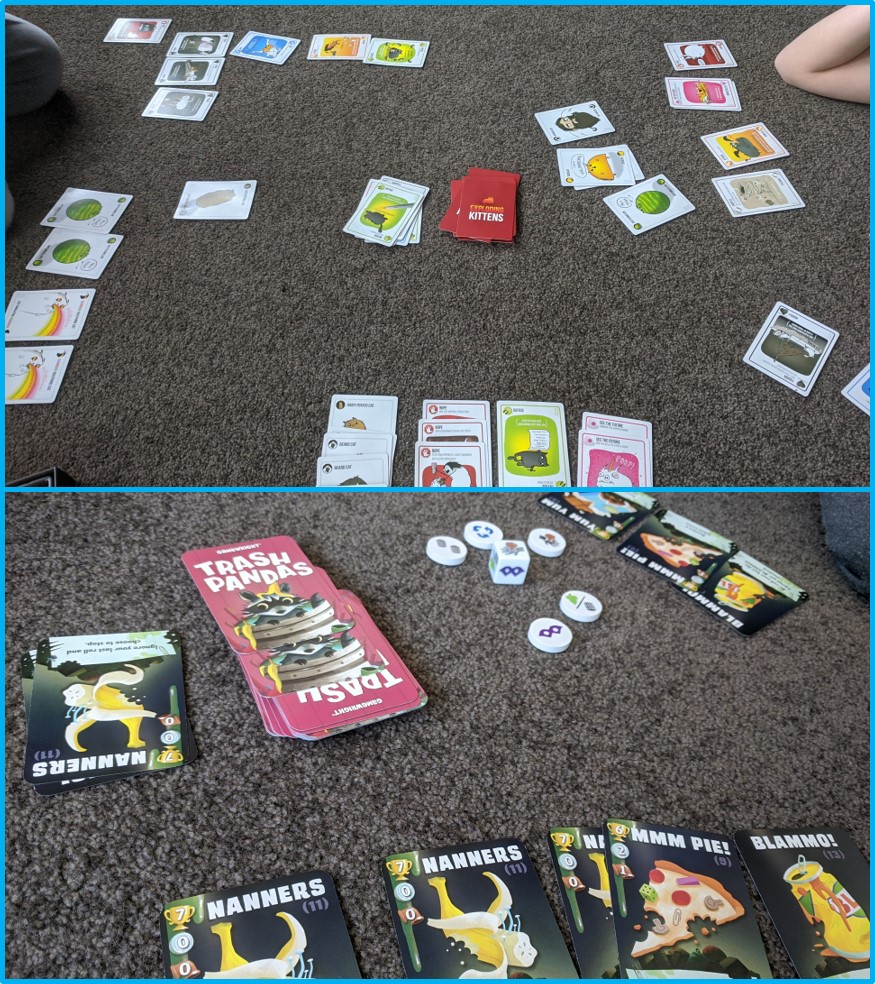
Well, seeing as the whole world is rapidly heading to hell in a hand-basket, it seems entirely appropriate that we’ve been road-testing a game called Catastrophic. Now, I’ve made no secret of the fact that I like games and gaming, and I think there are aspects of this that can enhance our teaching sessions. Over the years I’ve attempted to embrace this, with varying degrees of success. For every Minecraft or Twine success, there’s a car-crash tumbleweed-strewn session I’d rather forget…
In fact the last book I read was Playful Learning: Events and Activities to Engage Adults (2019) brought together by Nicola Whitton and Alex Moseley. It’s a good book which I’d heartily recommend, mainly because it has lots of practical examples of things that you can actually do yourself in your own teaching. Now that I’m no longer AD (Learning & Teaching), I can state publicly how tedious I find many L&T books due to their focus on theory at the expense of practice. I think this is particularly pertinent when you’re starting out as an academic and want support on getting stuck in and trying things out. My key take-away from the book was the importance of establishing ‘permission’ to play and have fun – essentially letting your students know it’s okay to play and that this is part of the learning session. I think this is where I sometime fall down. I’m not always clear enough at setting this up and just assume that because I know that play is a good way to learn in HE, everyone else gets that too. But they don’t and it’s a particular issue when working in universities where adult learners may feel that they’ve signed up for more ‘formal’ traditional teaching.
So just before Xmas Helen Carney, Amber Collings and I sat down with a pile of mince pies to test out the game. To quote the game’s website, “Catastrophic is a game of community, conservation and catastrophe. Cultivate and support the development of the most robust community of plants and animals, weaken those of your opponents, and adapt to survive the events the planet and your opponents continually throw at you.” The game was developed by the excellent Dr Pen Holland. She’s based at the University of York, who has a strong history in using gamification in teaching biology. You use the cards in your hand to create new plant and animal species and then link them together in dependent ecosystems. The more trophic levels you establish, the more inter-related everything is. But then natural disasters and environmental changes occur which impact your species. Have you made them robust and flexible enough to survive?
Initially, we just went for fun new species with odd features, but then when the nuclear winter and subsequent droughts occurred, our species were unceremoniously obliterated! It was devastating – particularly for three academics in biology… The website says that it’s a “joyful” game, but that’s only true if you find the apocalyptic destruction of your fledgling ecosystems joyful. That’s when we started to appreciate the nuances of the game, and our friendly session got a little more competitive. I genuinely can’t remember who won (which suggests it wasn’t me…) but it was a lot of fun. The cards look really smart, plus the scientific underpinnings of the game are sound and work really well in creating a game which feels authentic. And we learned stuff too! Next we need to get our undergrads to play the game. I can’t wait!
Over the Christmas period, we’ve also been playing the following (loosely biology-related) fun card games which you may also like:
- Exploding Kittens – to be honest, the only good cat is an exploded cat, so this game is perfect for me. They’ll eat you when you die, you know. Basically use the cards in your hand to not blow up with the kittens. Perhaps this would work in a taphonomy-themed class…
- Trash Pandas – this is a game about raccoons who hoard their food and supplies. You need to get the balance right between using the cards in your hand to help you progress and win, and storing cards in your forest den. Perfect for a session on sustainability or ecology! Or raccoons, but I’m not sure how common that is in forensic teaching…

